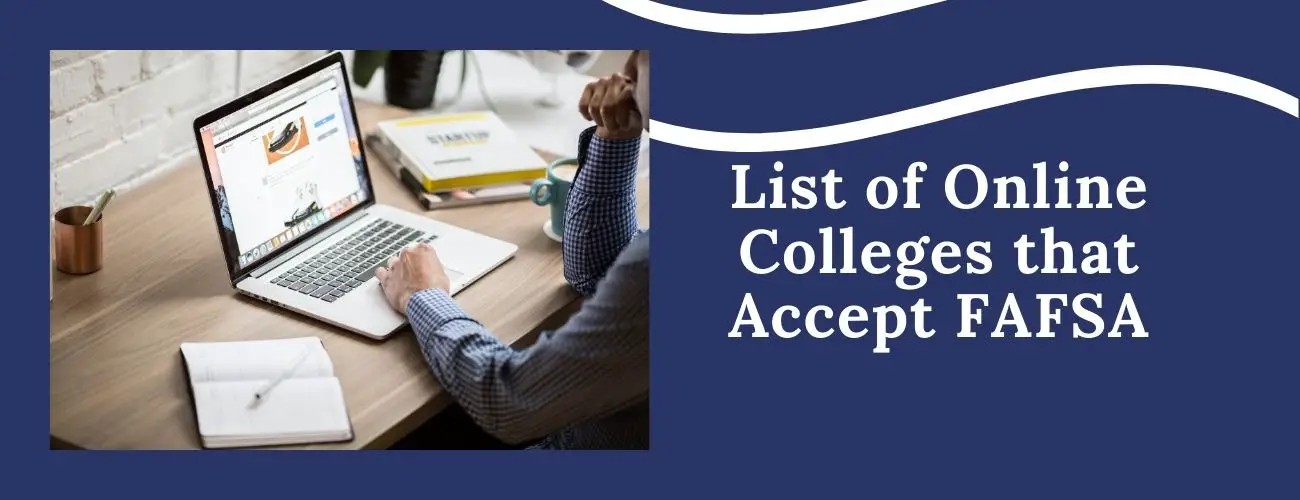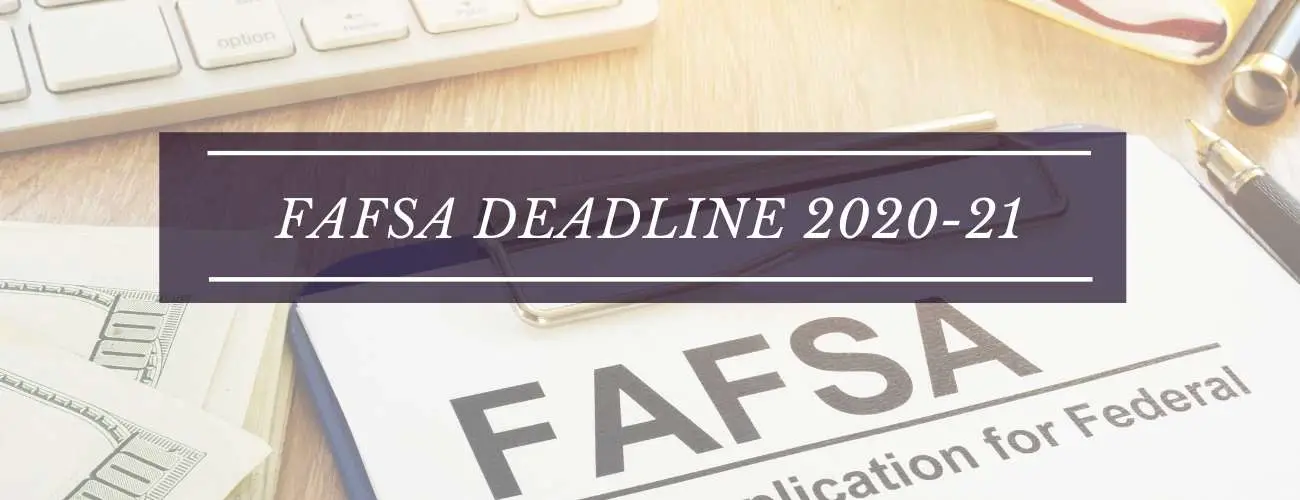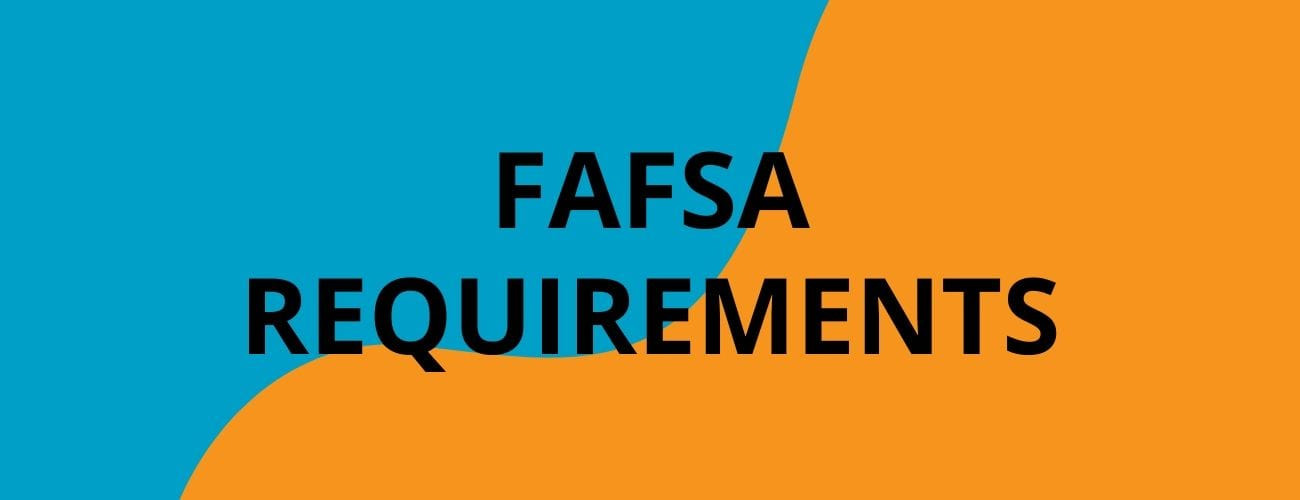Baylor University Financial Aid and Scholarships
Students Receiving Aid
91%
Total Aid Amount
$291.238M
Financial Aid Official Website
www.baylor.edu/sfs
Baylor University is an expensive university, but the university makes sure that none of their students discontinue their education because of the educational problems.
The financial aid department of the university provides various opportunities to its students so that they can easily pay for the university. They try and help all the students who are in need of any financial assistance so that their education is not compromised.
The university provides quality education to its students so that they can excel in their life ahead. Around 91% of applicants receive financial aid from the university in the form of work-study programs, Stafford loans, private scholarships, and private loans.
BU also provide health insurance to their students. Baylor University has a committed team of professional individuals who are eager to assist and help you understand the process.
Scholarships
Gift aid awarded to qualified full-time undergraduate and graduate students admitted as freshmen. Eligibility is based on high school class rank (or grades if your school does not rank) and SAT/ACT scores. Renewal is contingent upon maintaining the required GPA; award amounts do not increase each year.
Grants
Gift aid awarded to students who meet federal, state, and/or university requirements. Federal grant programs include the Pell and Supplemental Educational Opportunity Grants. The state of Texas provides the Tuition Equalization Grant for its qualified residents.
Educational Loans
Educational loans are low-interest loans that must be repaid. Loans are available through the federal government (the William D. Ford Federal Direct Loan Program) in which eligible students borrow directly from the U.S. Department of Education.
Educational loans are also available from state and private lenders and are known as alternative loans. We encourage you to compare the available loan options before choosing a lender and borrow only what you need. Your student loan payments should be only a small percentage of your salary after you graduate.
Student Employment
Self-help aid does not apply to your bill. Federal Work-Study eligibility does not obligate you to accept a position nor does the award guarantee you a job. Please be aware that the number of students who qualify for Federal Work-Study (FWS) is larger than the number of available positions.
As a result, not all students who are eligible for FWS will become employed. FWS eligible students have priority through the first three weeks of class in the fall semester. If employed, you are eligible to earn up to your award and you will receive a biweekly paycheck for actual hours worked.
If you decline your FWS award in order to receive another type of aid, you are limited to loans and will not be eligible to work on campus for the remainder of the current academic year. Most positions pay minimum wage, which is currently $7.25 per hour.

![Schools That Require the CSS Profile [Complete List for 2021/2022]](https://www.thecollegemonk.com/images/blog/every-school-th56.jpg)



